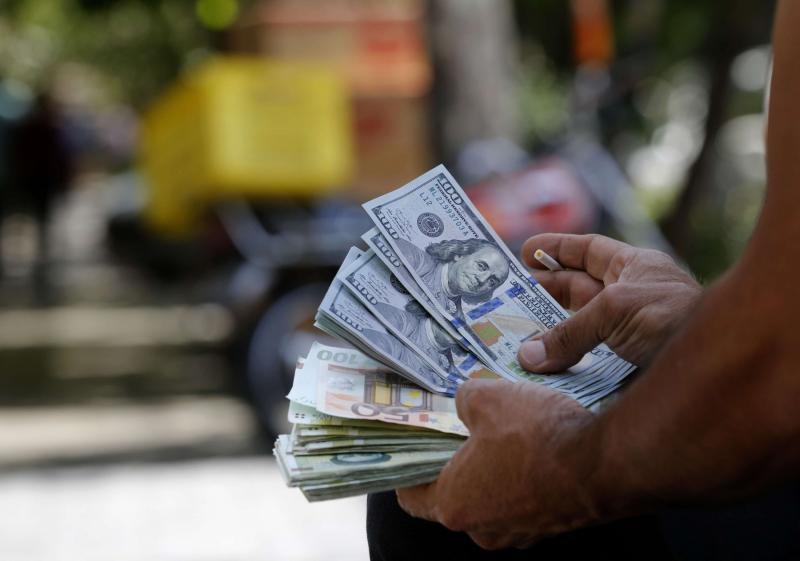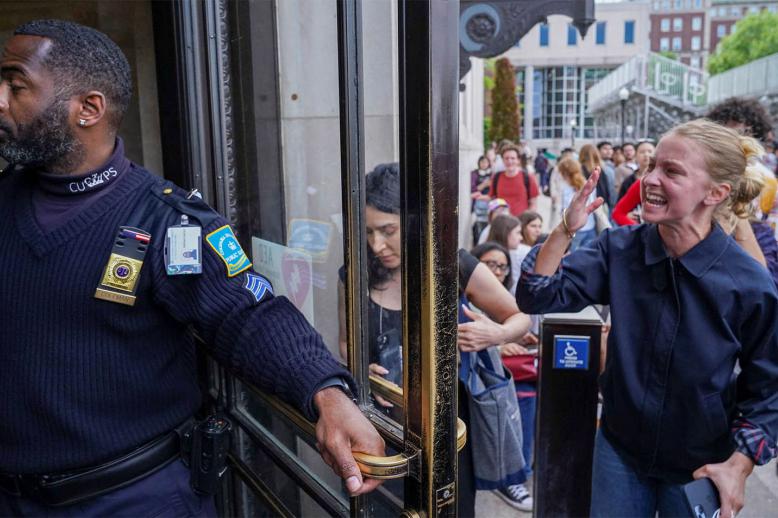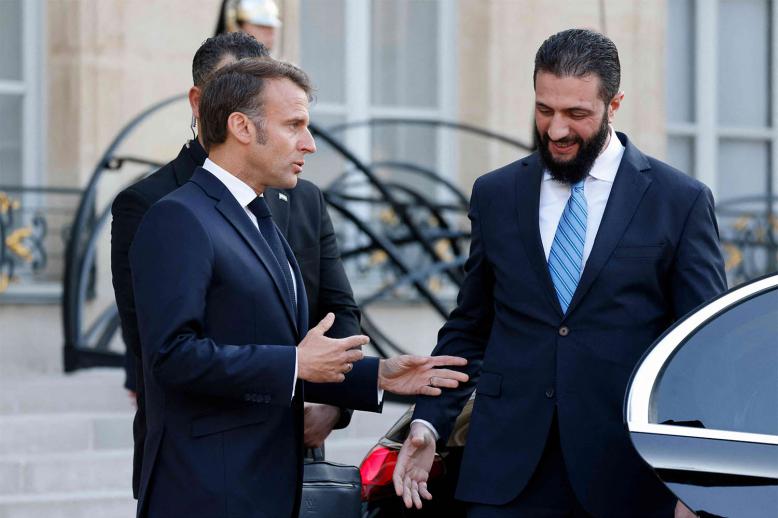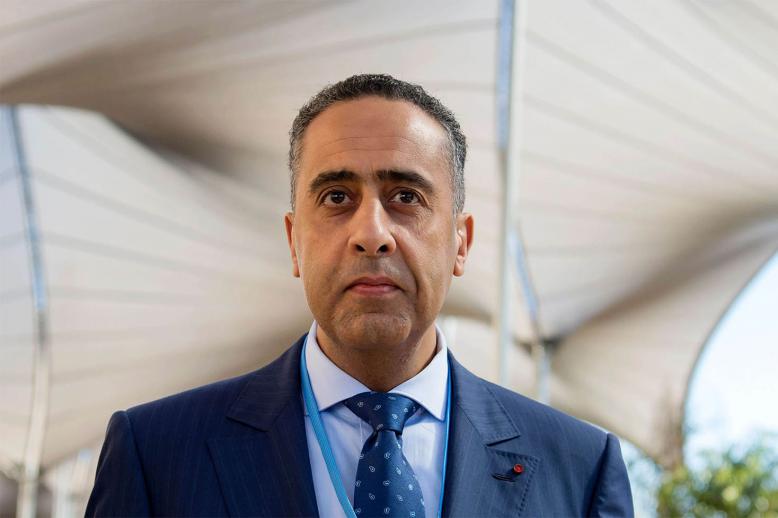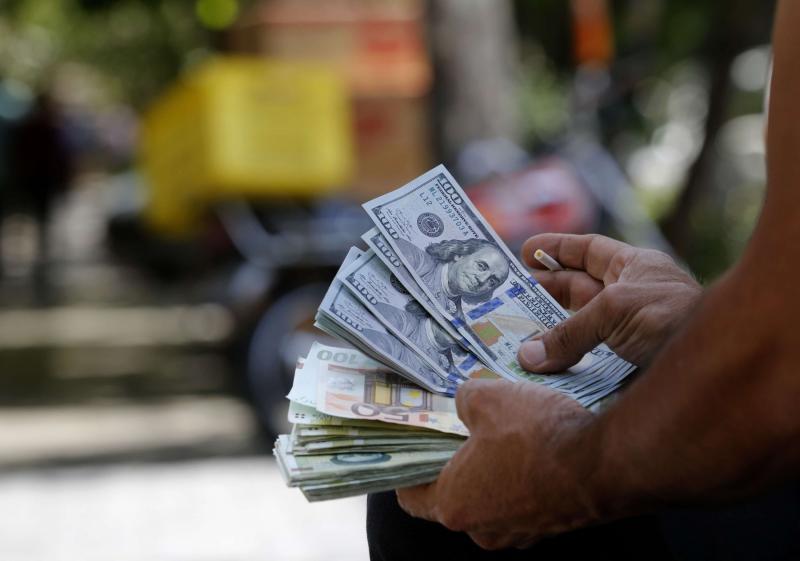Iran playing for time as US sanctions start to bite
ISTANBUL - As US sanctions designed to cripple Iran’s economy take hold and additional ones are on the horizon, Iran is likely to play for time and avoid addressing core issues in possible talks with Washington.
Tehran has yet to give a definite answer to US President Donald Trump’s offer for negotiations. In May, Trump took the United States out of the 2015 international nuclear agreement, arguing that the Joint Comprehensive Plan of Action (JCPOA) gave Iran too many loopholes to continue its nuclear programme, its ballistic missile development and its aggressive policies in the Middle East. The US president said he is willing to hammer out a new deal in talks with Tehran.
Iranian President Hassan Rohani has not ruled out meeting with US officials, provided sanctions are lifted first.
US sanctions that went into effect August 7 target US dollar financial transactions, Iran’s automotive sector and the purchase of commercial planes and metals, including gold. Many Iranians say their leaders will need to “drink the poison cup” and negotiate with the United States eventually, Stronger measures against Iran’s oil sector and central bank, suspended under the JCPOA, are to be reimposed in November.
German car and truck maker Daimler AG said it was withdrawing from Iran. European companies had known since Trump’s decision in May that sanctions were returning. European plane-maker Airbus at that time suspended deliveries to Iran; of 98 orders, only one A321 had been delivered, plus two A330s that were sold to a company that leased them to an Iranian customer.
Swiss railway company Stadler Rail said that its plans to deliver 960 subway cars were “frozen.” A spokesman for French automaker Renault confirmed that “it’s likely that our development would be put on hold.”
Publicly, Iranian leaders put on a brave face. Supreme Leader Ayatollah Ali Khamenei said there was no reason for concern. “Nobody can do anything,” Khamenei said on his website.
On the streets of Iranian cities, which have been rocked for months by demonstrations against rising inflation, corruption and a dramatic drop of the value of the Iranian currency, some greeted the new sanctions with dismay. “The situation is not good right now; nothing is clear,” carpenter Ebrahim Gholamnejad, 41, told the Associated Press in Tehran. “The economy is turning into a jungle.”
There have been rumours that Trump and Rohani could meet in September on the sidelines of the UN General Assembly in New York.
Raz Zimmt, a research fellow and Iran expert at the Institute for National Security Studies at Tel Aviv University, said, while the pressure of the US sanctions might convince Tehran to seek talks with the Trump administration, Iran’s main focus in any negotiations would be to gain time and shield core issues from being placed on the table.
“They might be ready to negotiate or renegotiate certain aspects like the range of missiles or the time limits for nuclear activities” laid down in the JCPOA, Zimmt said in an interview, “but they won’t talk about issues considered to be an insurance for the survival of the regime, like the nuclear programme itself or the missile programme.”
Preparations for possible talks and the negotiations themselves would be a drawn-out process, Zimmt added. Tehran would look at the US presidential election in two years, hoping that Trump would not be re-elected.
Before that, sanctions would hit harder, however. “November is when the hammer drops: A serious chunk of oil export revenue will evaporate and Iranian banks will likely find themselves cut loose from much of the international banking system,” said Henry Rome of the Eurasia Group in a briefing note.
Talks between the United States and North Korea had demonstrated to the Iranians that negotiations with Washington did not mean that steps had to be taken immediately.
Tehran would try to set limits for US-Iranian talks. In any talks with Trump’s administration, “the Iranian government will want to make sure its regional and defence policies, including its support for regional militias such as Hezbollah, are off limits,” US intelligence platform Stratfor said in an analysis. “Tehran managed to get assurances from Washington during discussions over the JCPOA between 2013 and 2015 that the United States would not pursue regime change in Iran.”
Critics say regime change is the real aim of US policies towards Iran but there is no momentum to that end in the streets of Iran. Most protesters are keen on keeping their demands economic, knowing the ruthlessness of possible government repression. “The security forces are brutal, efficient and loyal,” said Rome.
Thomas Seibert is an Arab Weekly contributor in Istanbul.
This article was originally published in The Arab Weekly.

